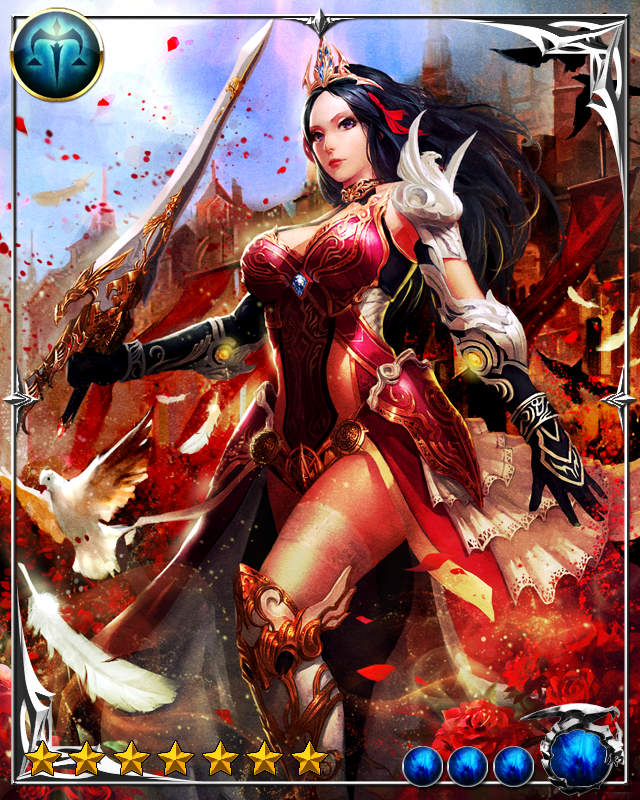Illyria
The next generation Illyria RPC SDK for node.js in Huaban with ❤️.
Installation
$ npm install --save illyriaUsage
Server
First you should create a server.
var illyria = ;var server = illyria;or
var server = options;options is an optional parameter and may contain:
maxRetries: default to 10retryInterval: default to 5000maxListeners: maximum server event / client event listeners count, default to 10port: optional, you may specify it inlistenhost: optional, you may specify it inlisten...: other options for net.Socket
After the server is created, you may expose or overwrite a module of its events to clients:
server;The code above will expose (may overwrite previous module
"module") the whole module"module"with only one method"method"to clients.And the method
"method"will do something and sendRESPONSE_MESSAGEback to client who made this request.
reqis Request which will be metioned after andrespis Response which will be metioned later.Attention:
OPTIONSis an optional parameter that is an instance of object.
OPTIONS:
alias: You may specify some alias rules formoduleormethods. For an example, if your module name isfooBarand theOPTIONSis{ alias: [ { module: "upperCamel" } ] }, the moduleFooBarwill be exposed at the same time whilefooBaris exposed;
When all modules are exposed, you can let the server listen to a certain port:
server.listen([SERVER_PORT], [SERVER_HOST], callback);
SERVER_PORTandSERVER_HOSTare optional when you specified in constructor'soptionparameter.callbackis the callback function when your server listened successfully.Caution:
SERVER_PORTshould be an instance ofNumberandSERVER_HOSTshould be an instance ofString.
With Zookeeper
You can use zookeeper to manage server nodes:
var server = illyria;If you had specified
ZOOKEEPER_OPTIONS, illyria will use zookeeper to manage this node.
ZOOKEEPER_OPTIONS:
What Does This Do?
When zookeeper is specified, the server will register for a temporary node under zookeeper.
The content data of that node will be a string like:
{host},{port},{currentClientCount}
For an example, when a server of 192.168.1.88:1234 is created, and zookeeper options is { connectString: foo, root: "/illyria", prefix: "/HB_" }, a node named /illyria/HB_0000000001 will be created, and the content will be:
192.168.1.88,1234,0
After a new client is connected, the content will be changed to
192.168.1.88,1234,1
Request
Request will be passed in the exposed server methods as req.
This kind of object has functions below:
params(): get the whole param body of message received from client.param(key, defaultValue): ifparams()returns a JSON object, this function may return the value of a certain key with a default value if it has no such key.
Response
Response will be passed in the exposed server methods as resp.
This kind of object has functions below:
json(data): send a JSON data back to the request client.- if there's a key values
statusand its boolean value isfalse, server will send back an error message to client with the message in keymsg. - if there's a key values
errorerror, server will send back an error message to client with thiserrorerrorobject. - otherwise, server will send back a normal json message to client.
- if there's a key values
send(data): send a normal message equals todataback to the request client.error(err): send an error message witherrback to the request client.
Tip: You may get the client
socketwrapper object through bothreq.socketorresp.socket.
Client
Your client should be created at first:
var illyria = ;var client = illyria;or
var client = SERVER_HOST SERVER_PORT options;Be careful that
SERVER_PORTmust be an instance ofNumber.options is an optional parameter and may contain:
runTimeout: dafault to 10000 (ms)maxRetries: default to 10retryInterval: default to 5000 (ms)...: other options for net.Socket
Then you may connect to the server:
client; client;Events
Error
client;Try Reconnect
client;Connected
client;Send a Message to RPC Server
client;Send a Cast Message to RPC Server
clisent;Get Current Connect Status
client; ///< DISCONNECTED, etc.
"module"and"method"are specified by server viaserver.expose().
DATAmay be a number, string, JSON object and so on.After client received response from RPC server, the callback function will be called. When the server response an error message, the
erris the responsed error. Otherwise,datawill be responsed via server'sresp.send().
With Zookeeper
You can use zookeeper to connect to server automatically with simple load balancing:
var server = illyria;The
OPTIONSis the same as it mentioned above on client section.But it must has a part called
zookeeper.
zookeeper:
connectString: a connect string or a connect string's array. Refer here.root: this node's root path. Defaults to"/illyria".prefix: the node name's prefix. Defaults to"/HB_". So the default whole path is"/illyria/HB_#{node sort}"....: other options refer here.eg.
{ zookeeper: { connectString: "xxx" } }
What Does This Do?
When zookeeper is specified, the client will connect to zookeeper and find all registered servers information which are specifed via root and prefix.
Then it will choose a least connection server to connect.
Benchmark
See wiki/benchmark or may wikis/benchmark for more information.


